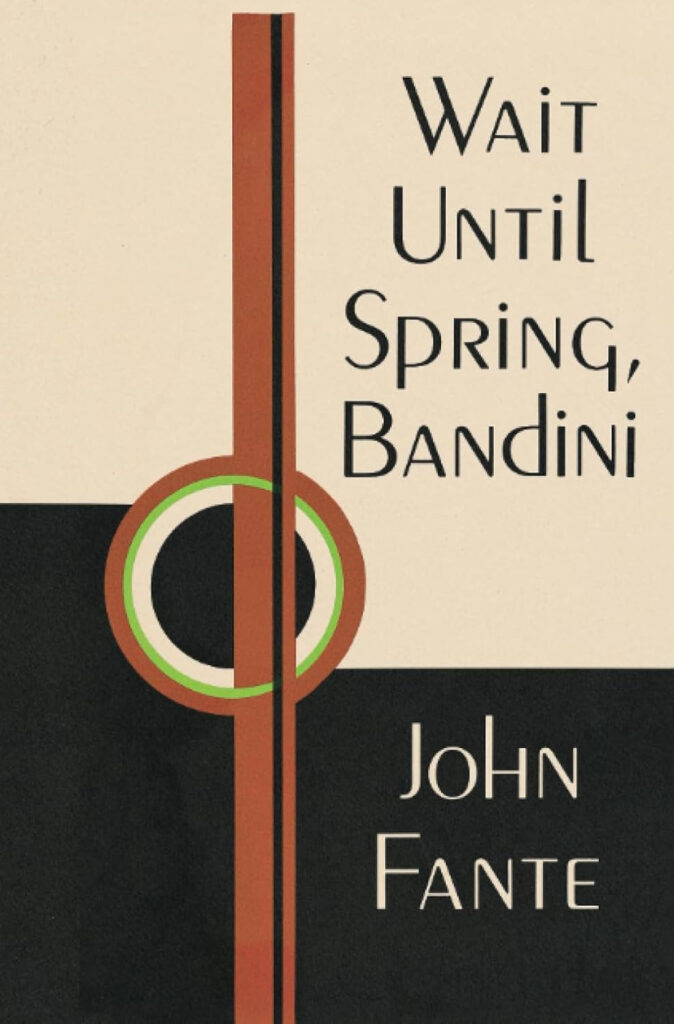 John Fante was not a man of polished pretensions or grandiose literary airs; he was a writer of grit, passion, and unflinching truth. Born in 1909 in Denver, Colorado, to Italian immigrant parents, Fante found his voice amidst poverty, Catholic guilt, and the relentless struggle of an American dream forever dangling just out of reach. Influenced heavily by Knut Hamsun and his piercingly raw Hunger, Fante himself would go on to inspire generations of writers who cherished authenticity above artifice—most famously, Charles Bukowski, who once confessed, “Fante was my god.”
John Fante was not a man of polished pretensions or grandiose literary airs; he was a writer of grit, passion, and unflinching truth. Born in 1909 in Denver, Colorado, to Italian immigrant parents, Fante found his voice amidst poverty, Catholic guilt, and the relentless struggle of an American dream forever dangling just out of reach. Influenced heavily by Knut Hamsun and his piercingly raw Hunger, Fante himself would go on to inspire generations of writers who cherished authenticity above artifice—most famously, Charles Bukowski, who once confessed, “Fante was my god.”
Fante’s writing has always simmered with a tension borne of stark realities: hardship, identity, and desperation. He paints his world in rough strokes, his sentences sparse but loaded with an aching honesty. His worldview teeters between cynicism and desperate hope, a perpetual balancing act beautifully captured in his semi-autobiographical novel, Wait Until Spring, Bandini.
The book introduces us to the Bandini family, trapped in a brutal Colorado winter, their house creaking beneath the weight of mounting debts and simmering frustrations. Svevo Bandini, the family patriarch, a bricklayer whose pride and despair clash violently within him, escapes into drunkenness and gambling. His wife, Maria, embodies stoicism and devotion, praying for miracles that seldom arrive. And then there are the children, most notably Arturo Bandini, a young boy caught between innocence and awareness, between dreams and disappointments. Arturo grapples with schoolyard humiliations, puppy love, and an aching desire to understand the complexities of adult life.
The plot is deceptively simple but devastatingly powerful. Svevo, crushed by his inadequacies and the bitter cold of his life, flees temporarily into the arms of a wealthy widow, leaving his family suspended in a fearful limbo. Maria, steadfast yet heartbroken, clings desperately to her faith and dignity, praying nightly, her “rosary beads clicking in the silence, small prayers whispered like shadows against the wall.” Arturo observes it all, absorbing the fractured emotional landscape of his parents’ marriage, silently raging, yearning to escape yet desperate to belong.
Fante’s themes of identity, destitution, faith, and familial bonds are raw and palpable. Arturo’s desperate need for validation mirrors Fante’s own youthful insecurities. “He was afraid of everybody, ashamed of himself,” Fante writes, cutting deep into the heart of childhood alienation. Arturo, much like his creator, constantly navigates the jagged terrain between shame and defiance, between acceptance and rebellion.
At a time when the literary landscape was dominated by more polished voices like Fitzgerald or Hemingway, Fante offered something different—a voice rough-edged with sincerity. His prose isn’t dressed up in sophistication; it’s stripped bare, honest, relentless. While Hemingway favored controlled stoicism and Fitzgerald explored glamorous despair, Fante bled openly onto the page, exposing wounds without apology. This was new, dangerous, honest. It felt—and still feels—real.
Nearly a century since its publication, Wait Until Spring, Bandini remains compelling precisely because of its unvarnished truth. The struggles of poverty, the quiet hopelessness of familial dysfunction, and the ache for belonging and understanding remain painfully relevant. Readers still see themselves in Arturo, in Svevo, in Maria—individuals desperate for dignity in an unforgiving world. The universality of their struggle is what makes Fante’s work timeless, resonating deeply even now.
Charles Bukowski once wrote of Fante, “He was writing about something that counted, something that people understood, something that tore at their insides. He had guts, but he was also human. He saw the humor, but he also felt the pain.” And in Arturo Bandini, Fante captured the essence of every youthful heart battling fear and longing: “The dark is a place where I have been before and a place where I belong. But the light—the light scares me. It promises things.”
Fante’s writing, like Arturo’s youthful heart, is forever caught between darkness and promise, struggle and hope. Wait Until Spring, Bandini is not merely a novel; it’s an enduring testament to life’s raw truths, a timeless chronicle of human vulnerability and resilience, proving once and for all that genuine literature comes not from refinement but from honesty, from courageously confronting the brutal, beautiful mess of being alive.
Available At


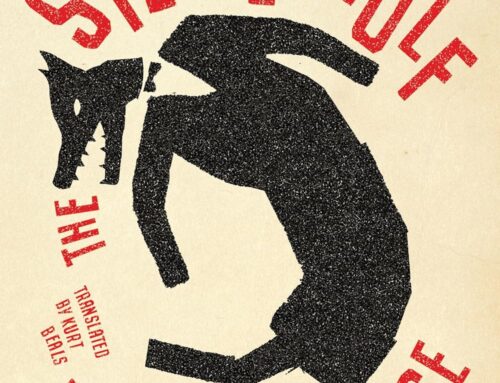
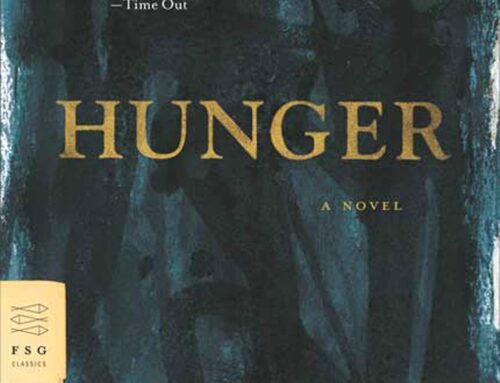
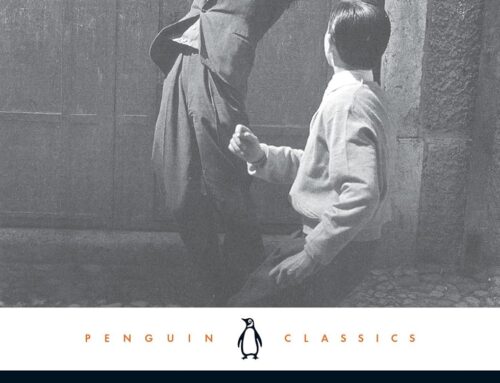
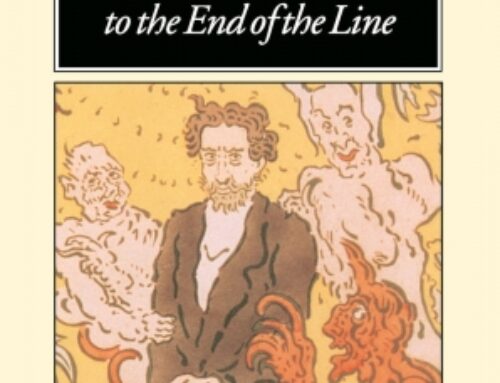

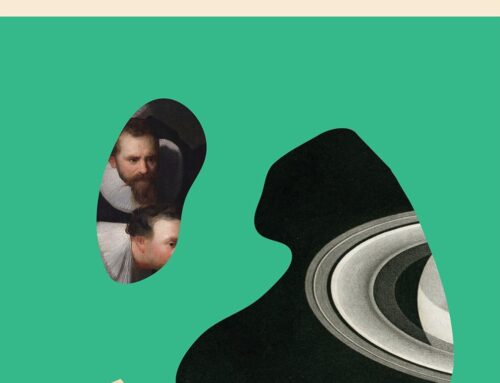



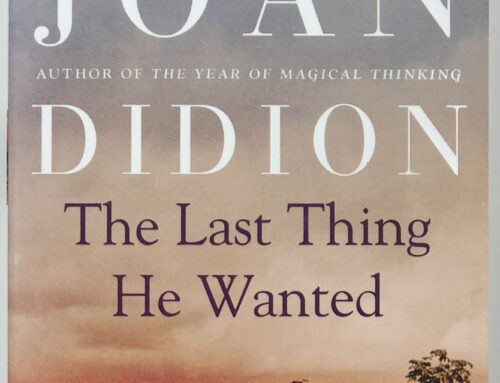
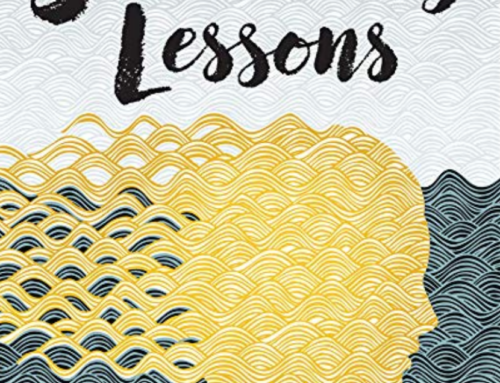
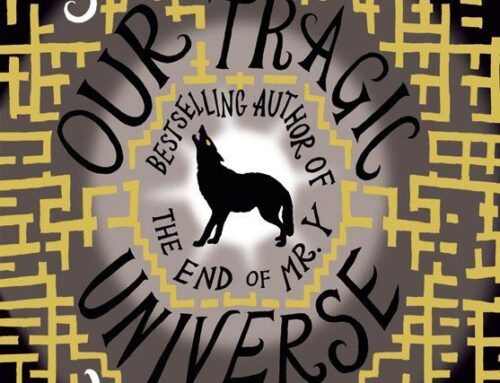

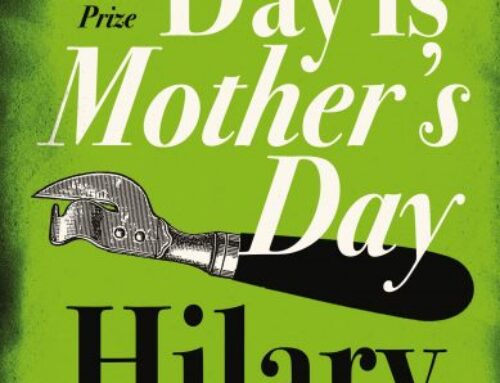

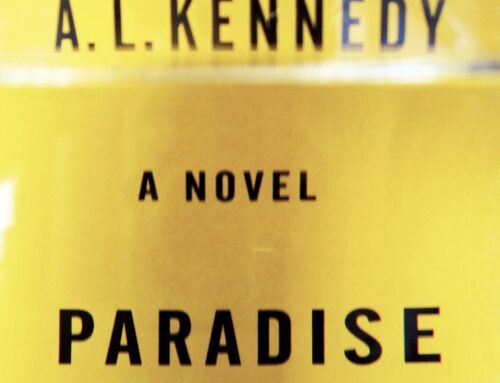
Leave A Comment